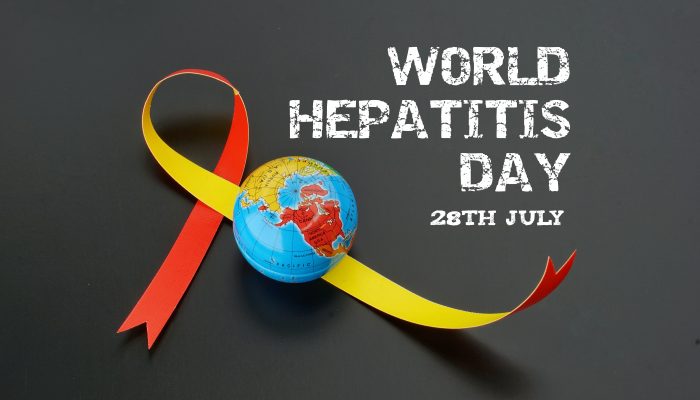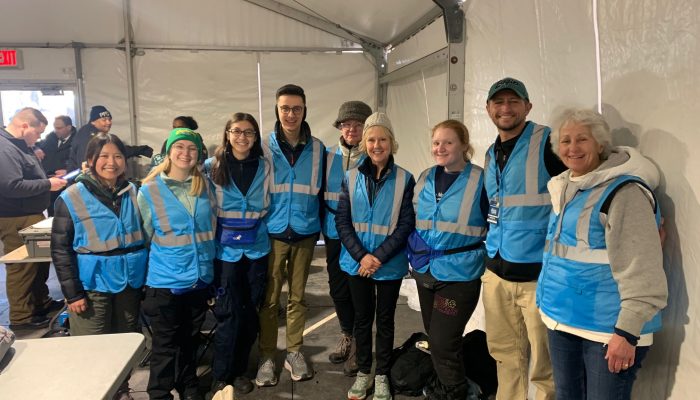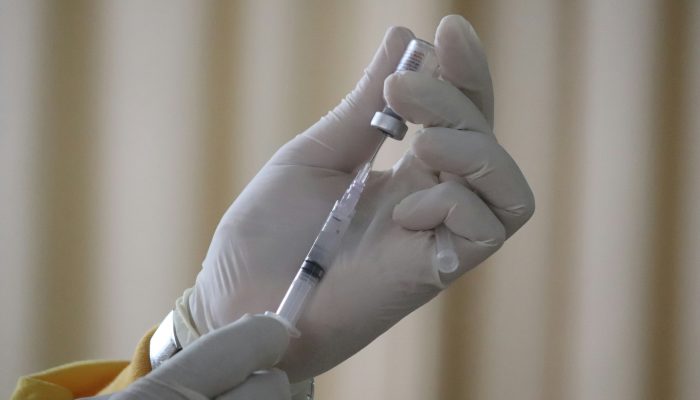Philadelphia is a wonderfully diverse city. It’s home to many foreign-born people, including immigrants, migrants, refugees, and asylum-seeking people from all over the world. Unfortunately, many of these people often experience barriers to healthcare and proper medical treatment. Today, on World Hepatitis Day, we focus on the Health Department’s Viral Hepatitis Program and the work it’s doing to remove barriers to healthcare.
Viral hepatitis affects millions of people worldwide. The World Health Organization estimates that in 2019, 296 million people were living with hepatitis B and 58 million people were living with hepatitis C. People from African, Asian, and Eastern European nations are disproportionately affected by these infections. Without treatment, people with hepatitis B and hepatitis C face health issues such as chronic illness and liver cancer, and even death.
Barriers to healthcare
Foreign-born people can experience barriers to healthcare for many reasons. Some may need help applying for health insurance or may be ineligible for insurance. Others may not speak English or lack cultural skills necessary to navigate healthcare systems. Still others may have limited access to transportation to get to healthcare facilities. Fortunately, partnerships throughout the city are helping to remove many of these barriers.
The Viral Hepatitis Program works with many organizations that represent and support the diverse immigrant populations throughout the city, including the African Family Health Organization, the Ethiopian Community Association of Greater Philadelphia, the Philadelphia Chinatown Development Corporation, and the African Cultural Alliance of North America. Alongside the Health Department’s Immunization Program and the Hepatitis B Foundation, the Viral Hepatitis Program provides hepatitis B screenings and vaccinations at events and health fairs hosted by these organizations.
In addition, the Viral Hepatitis Program provides hepatitis B and hepatitis C educational and outreach materials in many different languages, such as simplified Chinese, French, Russian and Spanish. These materials include information on free or low-cost treatment at healthcare centers in Philadelphia.
Community feedback
By partnering with local organizations, the Viral Hepatitis Program has not only reached a multitude of immigrant populations it has also gained new and insightful community feedback that will help build stronger relationships among the Health Department, community members, and healthcare centers. This feedback includes requests for materials to be translated into additional languages, requests for educational presentations at community health and faith-based centers, and requests for vaccinating-pharmacy maps tailored to specific neighborhoods.
World Hepatitis Day is not only about the global burden of viral hepatitis, it’s about the local burden as well. Through collaboration and partnerships, the Viral Hepatis Program can further the Health Department’s Elimination Plan to reduce the number of new infections by 90 percent and reduce hepatitis B and hepatitis C illness and death by 65 percent by 2030.
For news about viral hepatitis, sign up for the Hep B and HepCAP newsletters. To request educational materials, please visit hepcap.org. For partnership and collaboration inquiries, please email hep-ddc@phila.gov or hepcap.philly@gmail.com.




